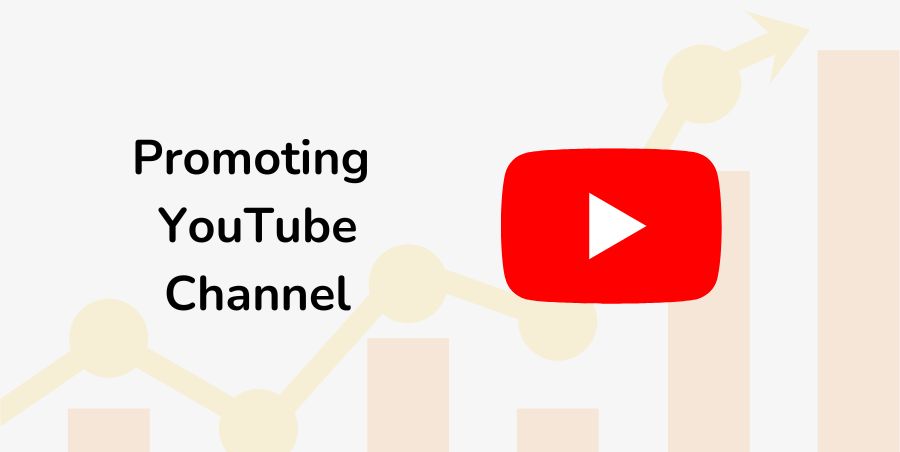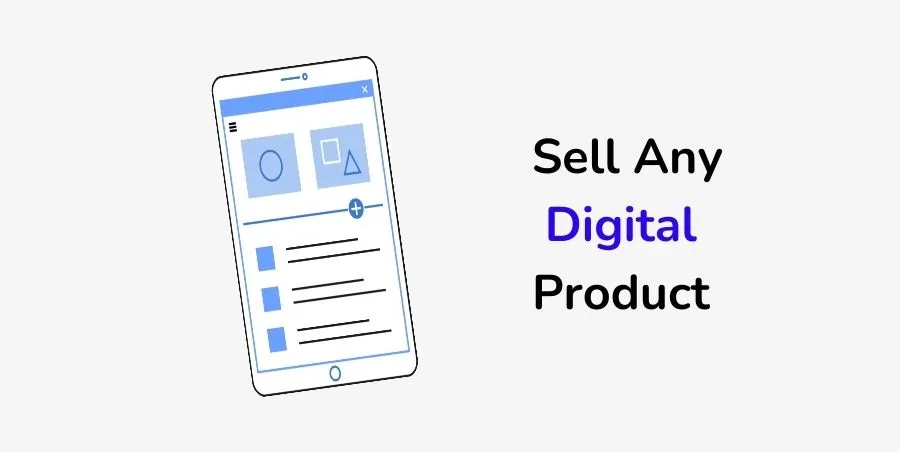Facebook influencer marketing is one of the most effective social media strategies. It involves businesses partnering with individuals with a large and engaged social following. This article explains how and why you should work with influencers and what mistakes to avoid.
Influencers or public figures use their personal brand to market your products or services to their followers. Typically, they create sponsored content, like posts or videos featuring your brand, products, or services. More so, they participate in live streams, host giveaways, and other forms of content creation to promote your brand, boost awareness and drive sales.
Influencers have a strong connection with their audience, who trust their recommendation. Thus, this marketing strategy allows your business to reach a highly targeted audience. So, partnering with credible and authoritative celebrities can help build trust with potential buyers.
Disclosure: This content is reader-supported, which means if you click on some of our links, we may earn a commission, but the price on your end remains the same.
How Facebook Influencer Marketing Works
Influencer marketing can be an effective strategy to reach a new audience and drive sales. But you must remember it is just one element of a comprehensive digital marketing strategy. It should be paired with other approaches like SEO marketing, content, and affiliate marketing.
Here are the 7 steps involved in Facebook Influencer Marketing:
#1: Identify the Right Influencers
The first step involves finding influencers that align with your brand values and whose social following matches your target audience. And to do so, you need to have a profile for your target audience. Including their interests, location, language, age, and other demographics.
Shortlist at least 10 influencers for consideration. Then measure their engagement rate and confirm the authenticity of their numbers, as some have fake followers that can’t convert to customers. Take time to evaluate whether a certain influencer is the best fit for your business.
#2: Negotiate for Partnership
While negotiating for influencer partnerships, you should first clarify the goals and objectives of your social marketing campaign. For instance, you may aim to increase your social followers or brand awareness, drive sales, or build or restore trust with your audience.
Then address the content type and format. Are you seeking sponsored posts, videos, or live streams? Or is it Instagram or Facebook stories? Be clear on what you want. And set the brand guidelines, including tone of voice, to ensure their content alights with your brand.
Other issues you should address include compensation and timeline, the start and end dates, and specific milestones or deadlines. Then agree on how success will be measured. Will it be based on increased engagement, website traffic, or sales? Or the number of followers gained?
Remember to get legal support before creating and signing contract papers.
#3: Develop a Marketing Strategy
After communicating your goals and objectives to partners, you need to plan how content will be created. And how they will promote your brand, products, and services to their followers. What type of content will they create, and which platform will they promote it on?
Then engage with them to create high-quality content that showcases your products and gives value to your target audience. And publish it to promote your business online.
The different approaches you can take include creating sponsored content. For instance, paying a celebrity to mention your brand in their Facebook or YouTube videos or posts. Or using influencer-hosted giveaways or contests, leveraging live streaming, or creating a referral program. Create an effective strategy to help you connect with your target audience.
#4: Monitor Results (ROIs)
While using Facebook influencer marketing strategy, creating specific goals and objectives is crucial. Setting KPIs before starting the campaigns will help you measure results effectively. Then use different tools to monitor how the influencers impact your awareness and sales.
For instance, you can track engagement metrics. It involves keeping track of the likes, comments, shares, and views the posts featuring your brand gained. If you have a website, use Google Analytics to monitor changes in traffic from social media within the campaign period.
You can also give influencers unique codes or URLs to use in their posts. And then track the sales or conversions generated from the marketing campaign. Or run surveys to ask customers what medium drove them to your website and measure the ROI (return on investment).
#5: Keep Improving (and Learning)
Digital marketing is an ongoing process, so I want you to keep learning how to use influencers to boost your band online. Use insights from your previous campaigns to identify the mistakes, and then make changes to make your future techniques more influential for better results.
You should try different influencers and notice the ones that have the highest impact on your business. Then renew partnerships for only those whose results are favorable while dropping those you feel did not perform well. Keep monitoring the ROI, and find the unexploited market.
Pros and Cons of Facebook Influencer Marketing
There’re many reasons why you should incorporate Facebook influencer marketing in your social media marketing strategy. It is an effective way for your business to reach new audiences and drive sales. However, it also has some limitations, dos and don’t, that you need to know.
Advantages:
- High audience engagement: Influencers usually have a wide audience who trust their recommendations. Therefore, they can help increase your brand awareness, trust, and revenue. But you must set clear goals and objectives and communicate them effectively.
- Increase credibility and trust: It gives your business a chance to tap into the credibility of the influencers. Since they have a close connection with their follower, influencers can make your target audience trust your products and services and outdo your competitors.
- Cost-effective strategy: Unlike traditional advertising methods, like print or television, influencer marketing is a cost-effective way to reach a larger audience. It not only increases brand awareness and sales but also helps establish your brand as a leader in the industry.
- Reaching niche audience: Influencer marketing also helps your business to reach a niche audience that may not be reached through traditional marketing means. For instance, if you’re a real estate agent, you can reach out to influencers who create real estate content. Therefore, it can be very useful for businesses targeting specific demographics.
However, for the marketing strategy to work, you must research and find the most suitable influencers to work with. Focus on building a long-term relationship with those that drive more results o your business. And communicate goals and objectives effectively.
Disadvantages:
- Measuring ROI can be difficult: While working with Facebook influencers, measuring the return on investment can be challenging, making it hard to evaluate if it is worth the expense. To overcome this limitation, give your influencers unique links or codes to include in their posts. Then use different tools to monitor conversions and sales effectively.
- Finding the right influencer is a complicated and time-consuming process. You must find those who align with your values and target audience. It may happen that those whose values align with your business do not want to work with you or are engaged at the moment.
- Limited control: Sometimes, businesses have limited control over the content, messaging, and branding when working with influencers. Some are so powerful that they dictate not just the type of content they can post on their platforms but also how and when. Such instances can lead to inconveniences in the brand image, which may confuse the customers.
- Unauthentic followers: Some influencers may have used strategies like buying followers or bots to increase their numbers. Partnering with such influencers means that, in the real sense, they have much less power to convince people to buy your products and services.
- Limited Scalability: This approach relies on a small number of people deciding whether or not to promote your brand. Therefore, this strategy has to be adopted alongside other digital marketing strategies, like email marketing, content marketing, and PPC marketing.
For the strategy to succeed, you need to let the influencers decide what type of content to decide, as they understand their target audience better than anyone else. So, please don’t force them to post content that has nothing to do with their audience or expect overnight success.
Conclusion: Now What?
Influencer marketing involves partnering with individuals with large and highly engaged Facebook followers to create content and attract new audiences. It is an effective and cost-friendly approach to drive sales and revenue to your business, whether small, medium, or large.
If you’re wondering how the strategy works, it involves the following:
- Finding the best influencers for your business
- Negotiating for partnership
- Developing an effective content strategy
- Monitoring the results
- Learning and improving future campaigns
To maximize the results, set and communicate clear goals and objectives. And ensure the influencers you’re considering align with your brand value and target audience. Then use different performance metrics to gauge the success of your marketing campaigns.
If you find the information resourceful, you can subscribe to our YouTube Channel and follow us on Facebook and Twitter for more updates and amazing content.

